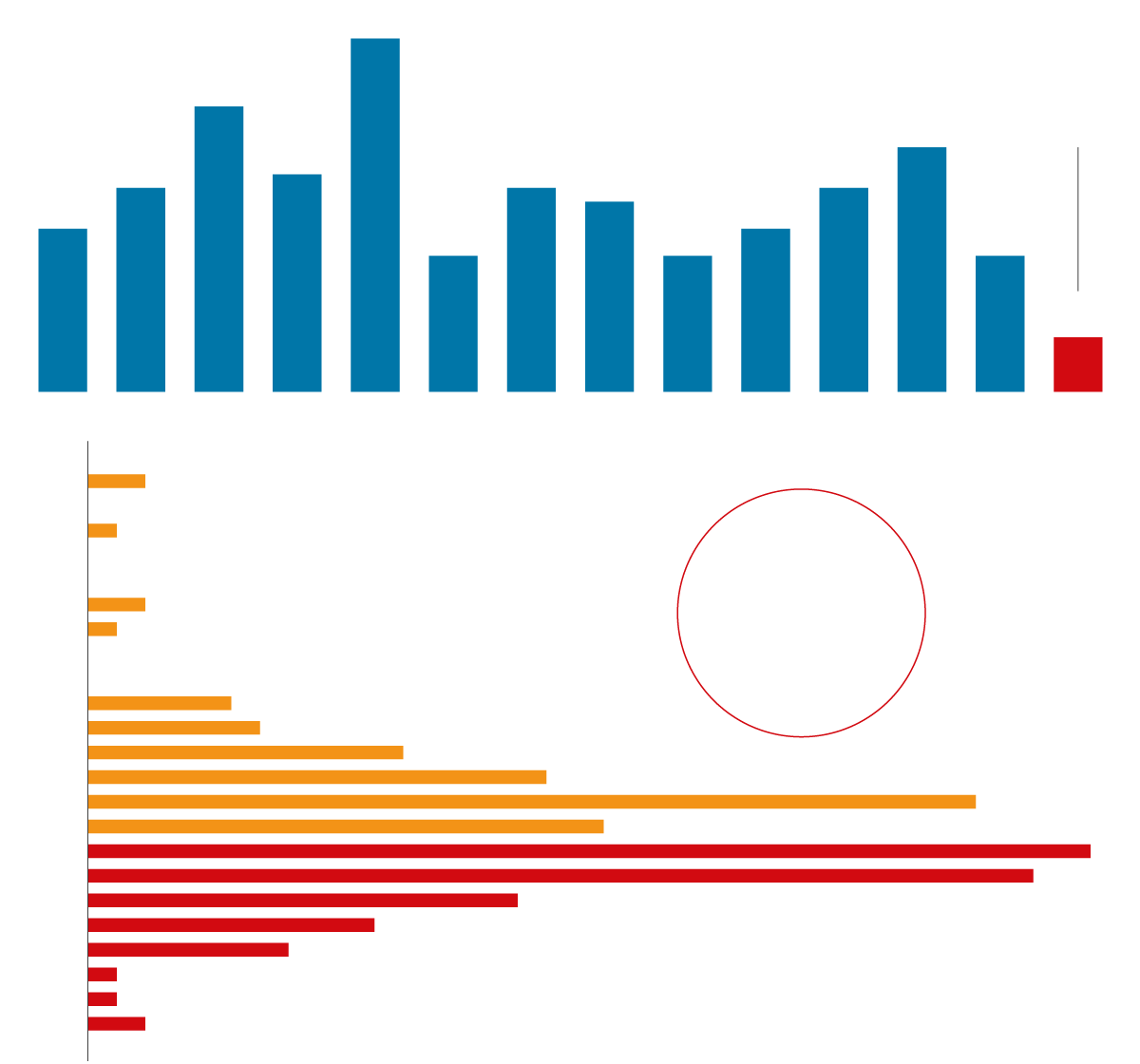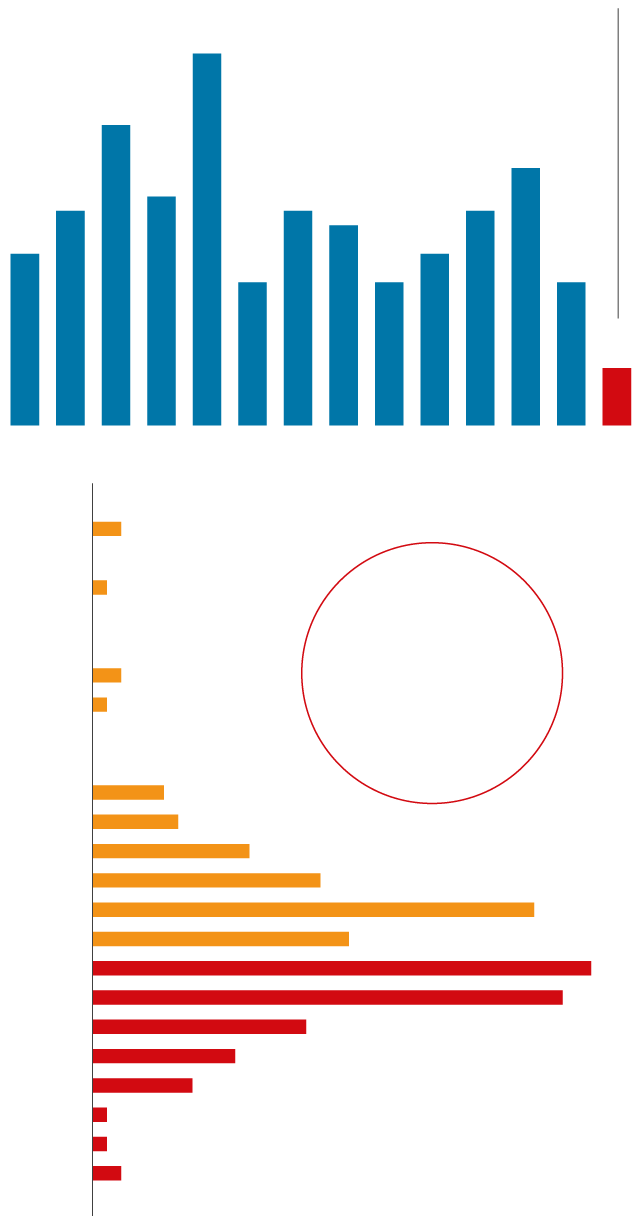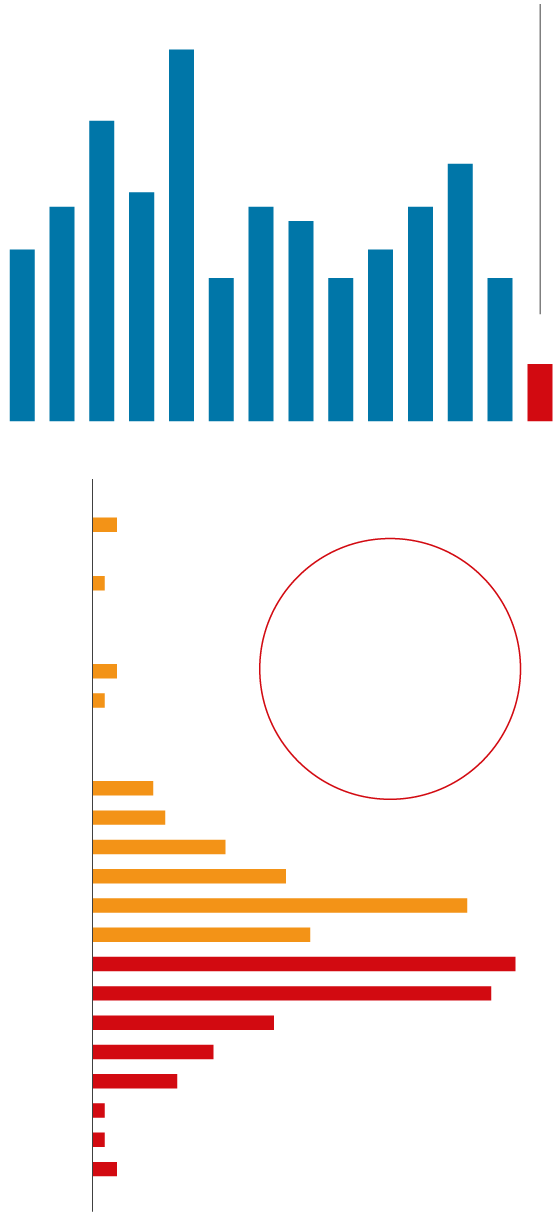200 victims of forced marriages in Catalonia in 13 years
The marriages involve very young girls, between 13 and 23, and can be contracted by video call


BarcelonaSisters Arooj and Anisa Abbas (aged 24 and 21) from Terrassa, killed in Pakistan because they wanted a divorce, were forced into their marriages. They are not alone: Catalan police have detected 198 victims of forced marriage in the last 13 years. They are all women, mostly between 13 and 23, who were forced to marry a man against their will. Sometimes marriages can even be carried out online or by phone, as pointed out to ARA on Tuesday the Pakistani consul in Barcelona, Mirza Salman Baig. Social worker Ruth Rosique, from the technical team of Valentes i Acompanyades –a charity campaigning against forced marriages– explains that some victims have distance weddings, which are then confirmed when they visit their country of origin or their husband comes to Catalonia.
Travelling to get married became impossible after covid broke out, so many forced marriages have moved online. Even so, the head of the Catalan police's group for victim attention, corporal Andrea Garcia, explains that they have not yet encountered any online marriages in the cases in which the police have intervened. A hypothesis which is being studied is that the Terrassa sisters had been forced to marry online marriage a year ago and had then refused to travel to Pakistan or complete their husbands' visa applications. An uncle and a brother, who have been arrested and confessed to the crime, have said that they tricked the two victims into a "trap" visit to Pakistan and then killed them "for honour".
Terrassa's Prosecutor's Office has ordered the police to conduct an investigation to determine whether other of the sisters' relatives living in Catalonia were part of the plan and forced them to travel to Pakistan. The police have interrogated the father, who has disassociated himself and declared that he had lost contact with his daughters after the marriages. The police had no evidence that the girls had suffered a forced marriage, nor had they any information reached specialised entities, the city council or social services. Apart from this case, this year the police have investigated four more forced marriages in Catalonia: three minors aged 14, 15 and 16, and a 21-year-old woman. Terrassa's ombudsman has also helped three young people in recent months who reported that their families had arranged a marriage for them.
Preventive action
Between 2009 and 2021, 81% of the cases detected by the police were prior to the wedding: that is, the victims reported that their families wanted to force them to marry and a trip to their origin country had been planned for that purpose or under another pretext. "They start by explaining to them that it would be convenient for the family, for its honour or financially, in order to justify the forced marriage," Garcia describes. They are usually girls born in Catalonia or who have been here for a long time, who are at school and who might have relationships: when they find out that their families want to force them to marry, they show opposition. Rosique agrees, adding that girls try to negotiate with their family or may even cut them off, often with violence involved.
The Mossos' corporal says families may protect the girls despite family pressure from their country of origin or their hostility, which entails a risk for the victims. As for consummated marriages, Garcia points out these are usually women who were forced to marry when they lived outside Catalonia and have suffered abuse and violence at the hands of their husbands after their arrival. Rosique claims they may be women who have lived in Catalonia for 15 or 20 years, but who do not even know the language because their husbands have controlled and subdued them. For this reason, separating for them means "starting from scratch". On the other hand, for educated young women, "studying can be their salvation and help them get a qualified job, which is an important tool to be autonomous", the social worker adds.
García explains that a marriage is considered forced when it has taken place without the consent of one of the parties – it could also be a man, but so far all the victims identified by the police have been women. The crime is committed by those who use violence, intimidation or deception to force a marriage.



